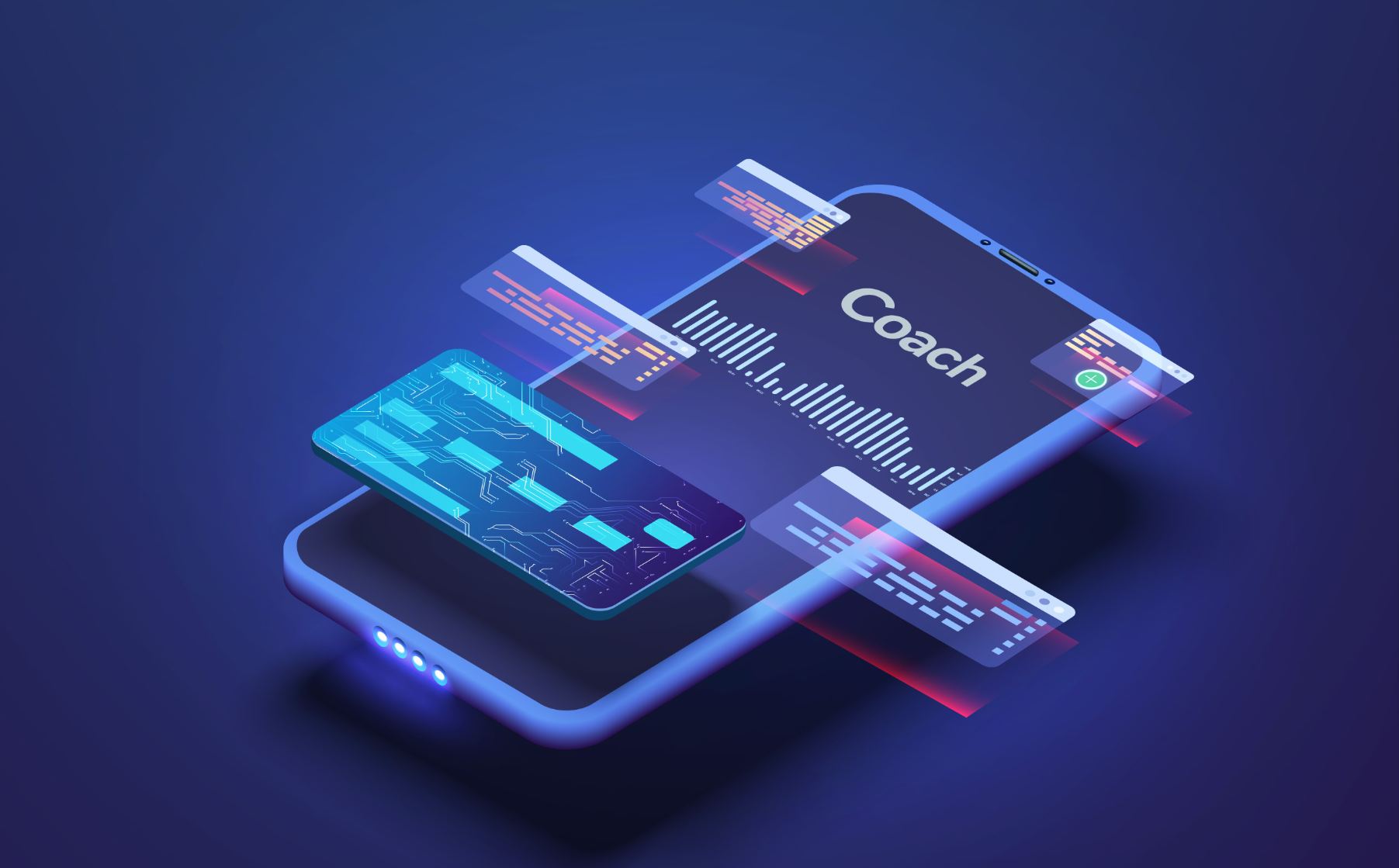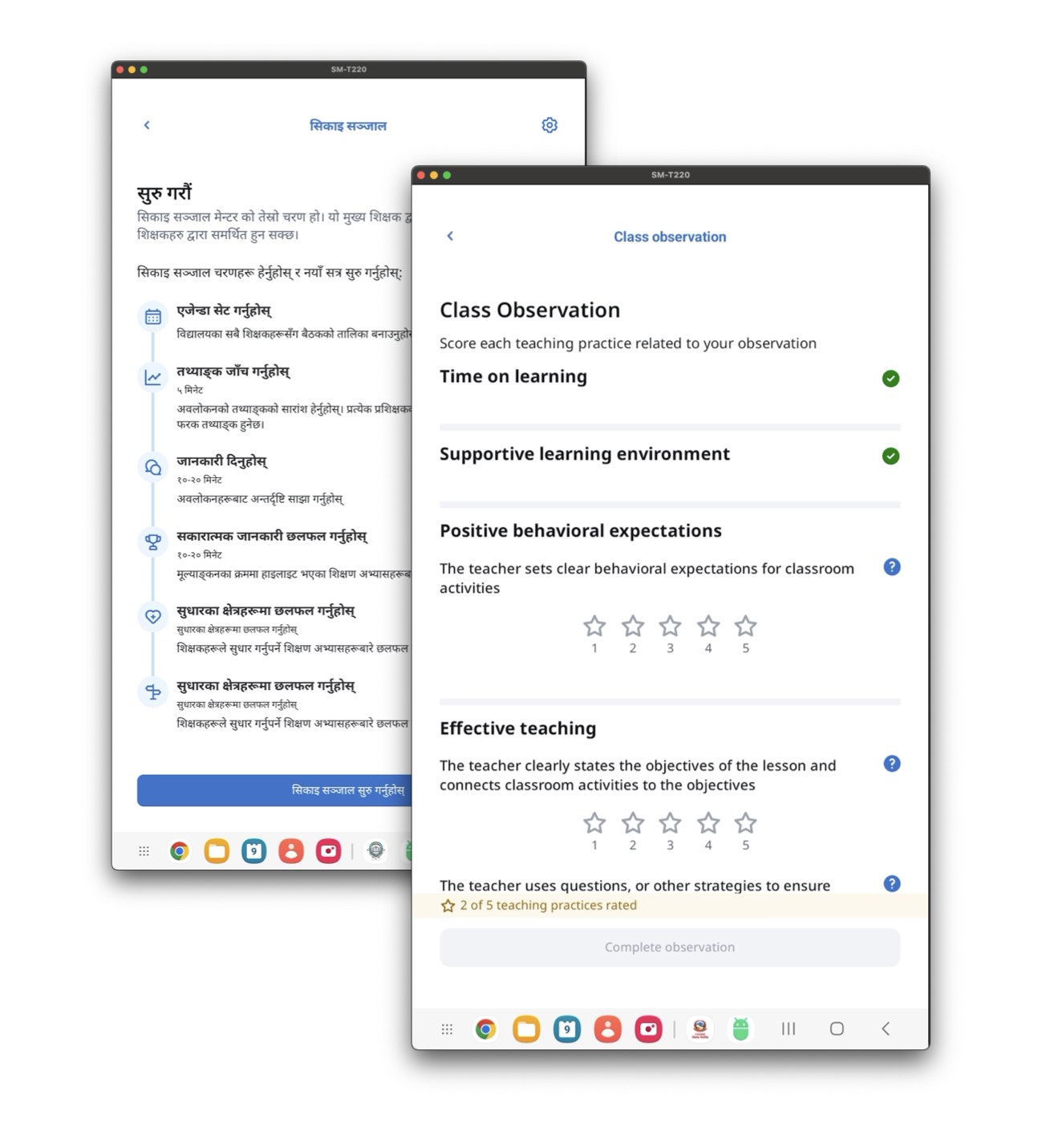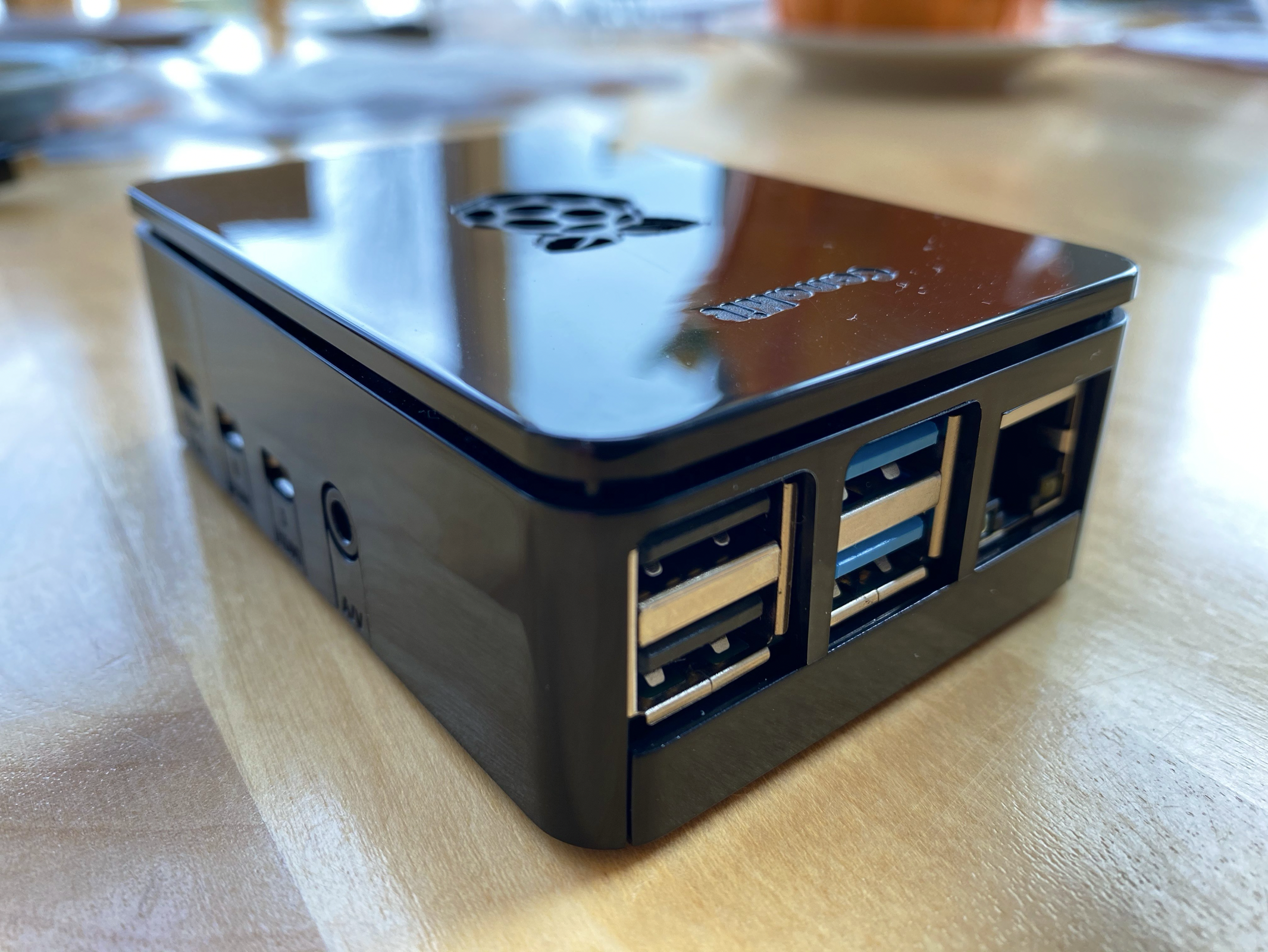Coach Digital: Sierra Leone

Client: Ministry of Education, Sierra Leone (with World Bank support)
Location: Sierra Leone
Year: 2023
Focus: Digital coaching, foundational teaching skills, offline-first technology
Related report: Building a mobile application for teacher coaching
Delivering offline-first coaching tools for teachers in the world’s least connected schools
In 2023, the Ministry of Education in Sierra Leone invited a World Bank–supported team to address a growing challenge: how to provide high-quality coaching for teachers in a context where electricity, internet access, and even basic infrastructure remain unreliable. Building on the World Bank’s Coach program, this project responded by developing an offline-first, mobile-based coaching application tailored to the needs of teachers working in some of the most under-resourced school environments in the world.
Approach
Rather than adapting existing coaching technologies for Sierra Leone, the project started with a simple question: what does it take to support educators when the digital infrastructure we take for granted doesn’t exist? The team worked closely with national officials, school leaders, and pedagogical experts to design a coaching tool that worked entirely offline. Data was stored locally on teachers’ smartphones and only uploaded to the cloud when a connection became available—typically at a central hub school or education office.
This design ensured that digital coaching could continue in environments with long power outages, weak or nonexistent connectivity, and limited digital literacy. The development process followed an agile model, engaging with stakeholders to co-design the application features and adapt World Bank foundational teaching skills (FTS) frameworks to Sierra Leone’s policy context. Features included guided observation flows, in-app coaching protocols, and tools for coaches to provide feedback and track progress, all operable with low-end mobile devices.
Deliverables
The project delivered:
- A fully offline-capable digital coaching mobile app, adapted to the national coaching model and low-resource environments
- Embedded guidance aligned with foundational teaching skills, built into local data entry workflows
- Synchronization architecture enabling secure cloud updates when internet access becomes available
- Deployment strategy and implementation roadmap for national scale-up
- Technical guidance aligned with World Bank Coach program global public goods standards
Impact
Coach Digital Sierra Leone demonstrated that high-impact educational technology does not require high connectivity. By prioritizing usability, relevance, and accessibility, the project delivered a working prototype that can serve as a model for teacher development in other low-resource contexts. It also challenged conventional assumptions about edtech by proving that meaningful digital innovation can—and must—begin where the infrastructure ends. In doing so, the project laid the groundwork for a more inclusive and resilient approach to teacher professional development across sub-Saharan Africa and beyond.


